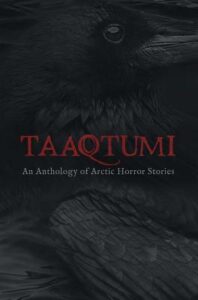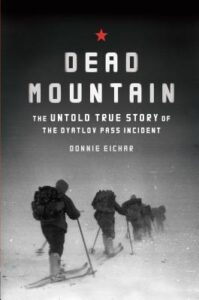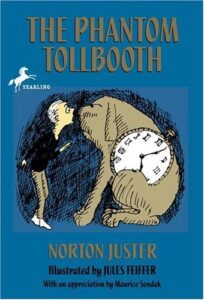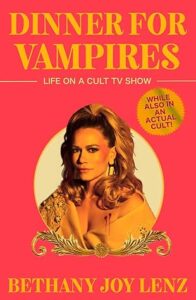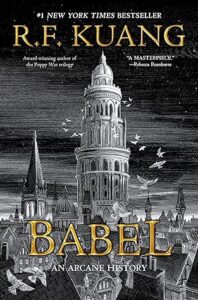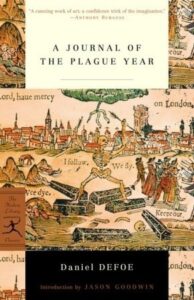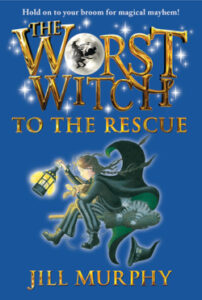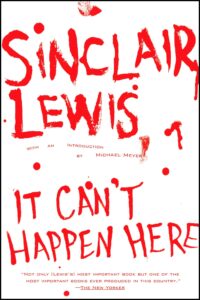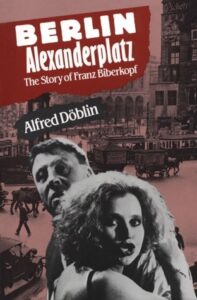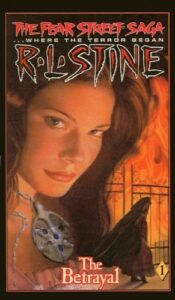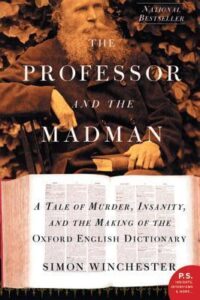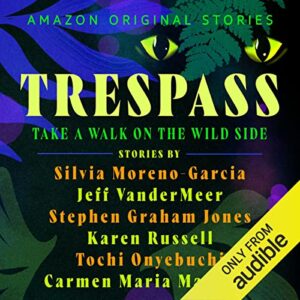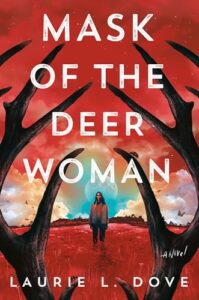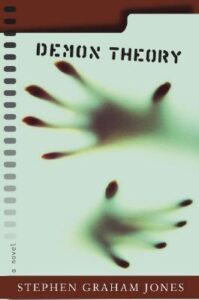Hello! Welcome to my January reading wrap-up. I finished reading 9 books in January, including The Epic of Gilgamesh, which I talked about in-depth here. I say “finished reading” because there were a few that I started but hadn’t finished yet by the stroke of February, so I’ll mention those briefly at the end of this list. First, here are the 8 books I read outside of my World LiteraTour project:
Taaqtumi: An Anthology of Arctic Horror Stories by various authors
⭐⭐⭐⭐
The Goodreads blurb reads: “Taaqtumi” is an Inuktitut word that means “in the dark”—and these spine-tingling horror stories by Northern writers show just how dangerous darkness can be. A family clinging to survival out on the tundra after a vicious zombie virus. A door that beckons, waiting to unleash the terror behind it. A post-apocalyptic community in the far North where things aren’t quite what they seem. With chilling tales from award-winning authors Richard Van Camp, Rachel and Sean Qitsualik-Tinsley, Aviaq Johnston, and others, this collection will thrill and entertain even the most seasoned horror fan.
What a cool collection of stories! A couple of them weren’t great, but I enjoyed most of them, especially The Haunted Blizzard and Strays.
Dead Mountain: The Untold Story of the Dyatlov Pass Incident by Donnie Eichar
⭐⭐⭐⭐
If you haven’t heard of the Dyatlov Pass incident, it was the mysterious and unexplained deaths of a group of hikers in Russia’s Ural Mountains in 1959. The story of these hikers has intrigued me for a long time, and I really enjoyed Eichar’s account of what led up to their disappearance as well as the results of the search afterwards. There was a lot here that I didn’t know, but he also left out a couple of things that I did know, so it isn’t a perfect telling. I also wasn’t convinced by his theory of what happened, and more recent evidence has come to light suggesting a different story, but seriously, NO ONE has ever been able to fully answer beyond a doubt what happened to these 9 young people on that mountain. It’ll probably always be one of the most perplexing unsolved mysteries of the 20th century.
The Phantom Tollbooth by Norton Juster
⭐⭐⭐
This is the story of a little boy named Milo, who is bored of everything. He gets transported into a world where everything is a play on words, and he slowly starts to rediscover a sense of purpose and joy in life. The wordplay in this book is phenomenal. I spent most of my time reading it blown away by Norton Juster’s imagination and skill. However, I’m not a big fan of absurdity, and it went on a little too long for me. I’m not sure whether I tried to read it as a kid or not, but I’m pretty sure I wouldn’t have enjoyed it back then, since the chaos would have annoyed me and the wordplay gone over my head. I can appreciate it for the classic it is, and if it has made some kids more interested in words and numbers I love it for that, but overall, it wasn’t really my jam.
Dinner for Vampires: Life on a Cult TV Show (While Also in an Actual Cult!) by Bethany Joy Lenz
⭐⭐⭐⭐
Bethany Joy Lenz is an actress best known for her co-starring years on the show One Tree Hill and, more recently, as the lead of various Hallmark movies. I’ve known of her for a long time, but I was never into One Tree Hill, and I certainly hadn’t heard that she’d been part of a cult the whole time she was on it. I picked her memoir up because BookTuber ClumsyCharlott recommended it as one of her favourite books of 2024, and I’m so glad I did.
I saw a lot of myself in Joy, and that made this memoir all the more unsettling and captivating for me. It’s scary how easily someone with ill intent can read a person, prey on their insecurities, isolate them from the people who could otherwise bring them around, and take advantage of their trust, and Lenz maps out the entire path that “Les” the cult leader led her down. (By the way, I see what you did there, Joy… Les = Lestat. I love that she re-named each cult member as a literary vampire or vampire’s victim, both to conceal identities and to offer us a hint as to who the true villains are!) Sounds like it was a horrible time for her, and I’m glad she came through it all as well as she did.
This is historical fantasy set in a version of the Victorian era in which words literally have magic in them for the select few who learn how to wield it. I couldn’t rate this book. I was loving it so much at first. LOVING IT. The word-nerdery of it all made me so happy! And Kuang is a brilliant writer. And I love Oxford, and I love the Victorian era, and everything was pointing towards this being a 5-star read… but the anachronistic “white people” talk started to grate on my nerves by just over halfway through, and by page 417’s “Why, he wondered, did white people get so very upset when anyone disagreed with them?” I couldn’t take it anymore. If the term used had been “the English,” it would have made sense for the time period (and would have been 100% fair), but when period characters start talking like modern people and voicing the talking points of the author’s own generation, it drives me nuts.
I’m so disappointed. I knew this book was divisive, but I honestly thought I’d fall in the camp of people who loved it. But despite the cool plot, excellent writing, and fantastic world-building, it felt like the heavy-handed anti-imperialism message became a bitter anti-white-people message at some point, and like I said, it started to feel too much like modern thinking inserted into Victorian minds. Plus, as hard as the author said she worked to bring her Chinese, Indian, and Haitian characters to life “with detail and compassion,” it seemed like she purposefully didn’t give her white characters the same grace. Fair enough, since many white authors have done the same to their non-white characters over the centuries, but it felt out of place in an otherwise brilliant novel and debased the academic tone.
I loved Yellowface for almost the same reasons I was disappointed in Babel, but it worked for me in satire in a way that really didn’t in dark academia. I still have hope that Kuang will become one of my favourite writers, because she’s clearly extremely talented and has amazing ideas.
Published in 1935, but set in an alternate universe in which FDR did not win the presidential election leading up to WWII. From page 23 – “Not happen here? … Why, where in all history has there ever been a people [Americans] so ripe for a dictatorship as ours!” Made me wonder for a second if this was written in the 1930s or the 2020s.
All I can say is… maybe if people read more classics, ones like this one wouldn’t come true.
Slow to start, but very gripping second half. Loved the blend of dark humour and just plain DARK. It’s an important read, because yes, it CAN happen. Anywhere.
